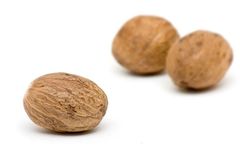Director Zhao popularizes health and wellness knowledge.
Click below to follow for free ↓↓↓
Yang deficiency constitution refers to the pathological phenomenon of weakened Yang Qi, commonly seen in modern medical conditions such as hypertension, coronary heart disease, heart failure, indigestion, diarrhea, dysentery, chronic gastroenteritis, diabetes, menopausal syndrome, erectile dysfunction, and irregular menstruation. Traditional Chinese Medicine (TCM) believes that Yang Qi plays a role in warming the body and organs; if Yang Qi is insufficient, the warming function weakens, leading to cold symptoms. Patients may present with pale complexion, cold intolerance, low temperature in hands and feet, clear and prolonged urination, thin stools, fatigue, edema, pale tongue with white coating, and a deep, slow pulse (or weak and thin). Let’s take a look at which traditional Chinese medicines can be used to regulate Yang deficiency constitution!
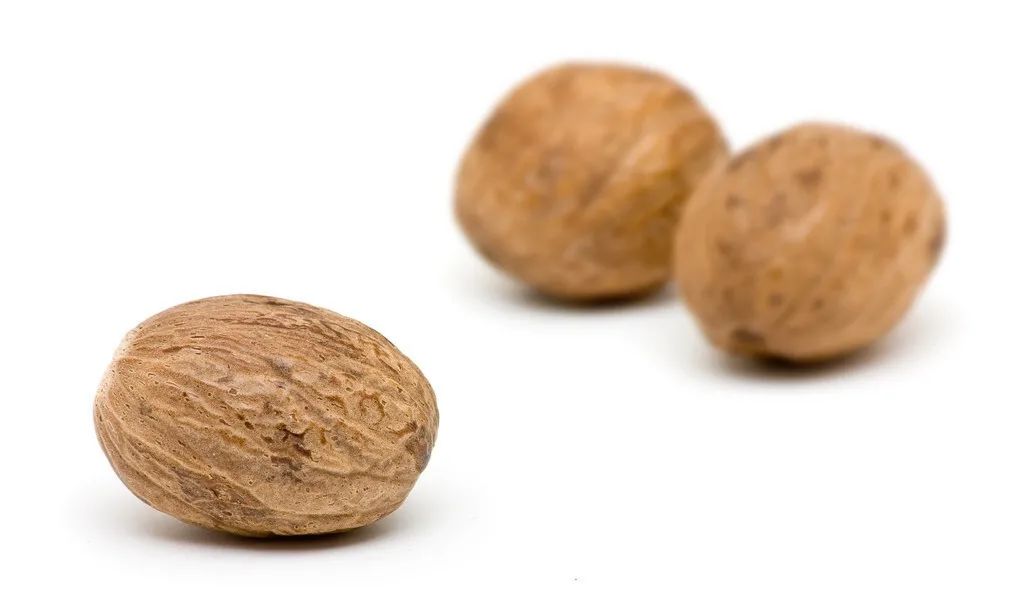
1. Si Shen Wan (Four Spirit Pill) – has the effect of warming the kidneys and dispelling cold, astringing the intestines and stopping diarrhea.Its main ingredients include: Rou Dou Kou (Myristica fragrans, roasted), Bu Guo Zhi (Psoralea corylifolia, salt-fried), Wu Wei Zi (Schisandra chinensis, vinegar-prepared), Wu Zhu Yu (Evodia rutaecarpa, prepared), and Da Zao (Ziziphus jujuba, pitted).Indications: Used for diarrhea caused by kidney Yang deficiency, with symptoms of intestinal rumbling, abdominal distension, early morning diarrhea, poor appetite, persistent diarrhea, and pale complexion with cold limbs.Clinical experience:
1. Qi Hongyang and Wang Yunxi observed the efficacy of Si Shen Wan combined with compound Lactobacillus acidophilus tablets in treating chronic diarrhea, concluding that the combination significantly improves symptoms, is safe and feasible, and has certain clinical promotion value. (Modern Medicine and Clinical, 2018, 33(09): 2369-2371)2. Cheng Xiaohua and Zhang Qiuli conducted clinical research on Si Shen Wan combined with Mesalazine for ulcerative colitis, concluding that the combination effectively improves clinical symptoms in ulcerative colitis patients, controls inflammation, and has certain clinical application value. (Modern Medicine and Clinical, 2018, 33(05): 1085-1088)
Dosage: Oral administration. 9g per dose, 1-2 times a day.
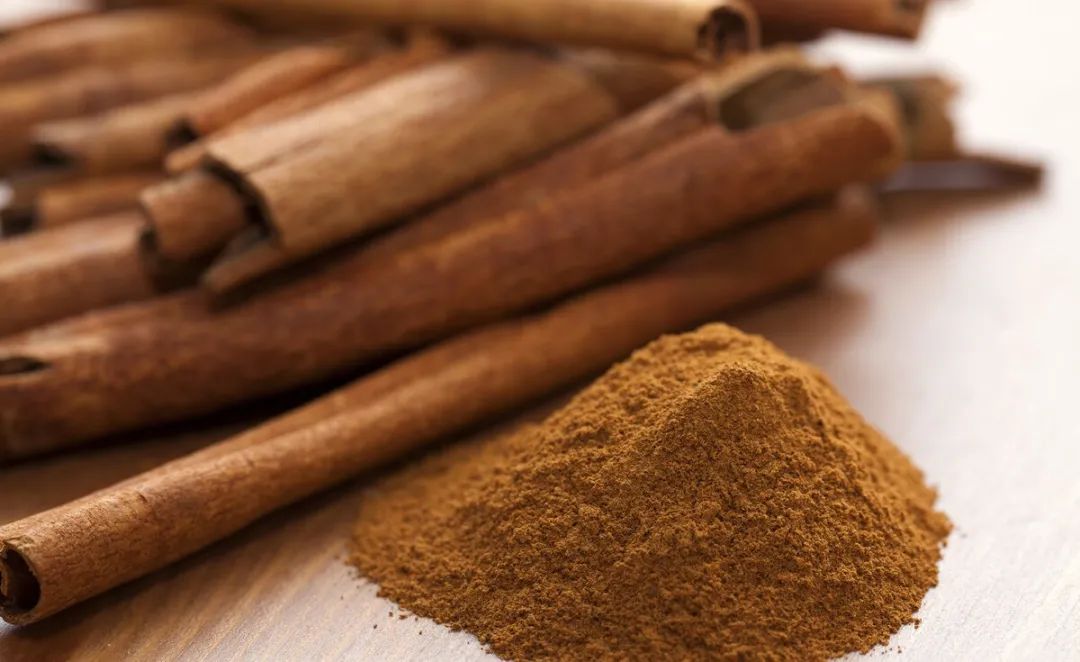
2. Gui Fu Di Huang Wan (Cinnamon and Aconite Rehmannia Pill) – has the effect of warming and tonifying kidney Yang.Its main ingredients include: Gui Zhi (Cinnamon), Fu Zi (Aconitum carmichaelii, prepared), Shu Di Huang (Rehmannia glutinosa), Shan Zhu Yu (Cornus officinalis, prepared), Mu Dan Pi (Paeonia suffruticosa), Shan Yao (Dioscorea opposita), Fu Ling (Poria cocos), and Ze Xie (Alisma orientale).Indications: Used for kidney Yang deficiency, with symptoms of weakness and coldness in the lower back and knees, difficulty urinating or excessive urination, and phlegm-damp cough.Clinical experience:
1. He Wenjin, Yang Shi, Liu Fan, Li Ying, and Yuan Jia studied the impact of Gui Fu Di Huang Wan on the quality of life and safety evaluation of patients after PCI for coronary heart disease, concluding that taking the warming kidney and activating blood formula effectively improves patients’ physical strength, emotions, TCM symptoms, reduces angina severity, enhances heart function, and has no adverse reactions, making it worthy of promotion. (Chinese Journal of Experimental Traditional Chinese Medicine, 2019, 25(04): 122-127)2. Jiang Huiyu, Huang Yalian, Zhang Yuan, and Liu Haichao observed the efficacy of Gui Fu Di Huang Wan combined with pelvic floor muscle training and electrical stimulation in treating pelvic floor dysfunction, concluding that the combination significantly improves pelvic floor function, reduces urinary incontinence, and significantly enhances quality of life. (Chinese Journal of Traditional Chinese Medicine, 2018, 36(09): 2269-2272)3. Chen Liru, Wu Qiong, Guo Li, and Ma Hongping observed the clinical effects of Gui Fu Di Huang Wan in treating drug-induced hyperprolactinemia, concluding that it can improve treatment outcomes in female patients with drug-induced hyperprolactinemia, regulate serum hormone levels, and does not increase side effects. (Chinese Journal of Traditional Chinese Medicine Pharmacology and Clinical, 2017, 33(03): 206-208)
Dosage: Oral administration. Large honey pill: 1 pill per dose; small honey pill: 9g per dose; water honey pill: 6g per dose. Twice a day, or as directed by a physician.Precautions: Not suitable for pregnant women. During treatment, sexual activity should be limited; not suitable for patients with cold and fever; not suitable for those with Yin deficiency and internal heat; not suitable for long-term use; avoid hard-to-digest foods.
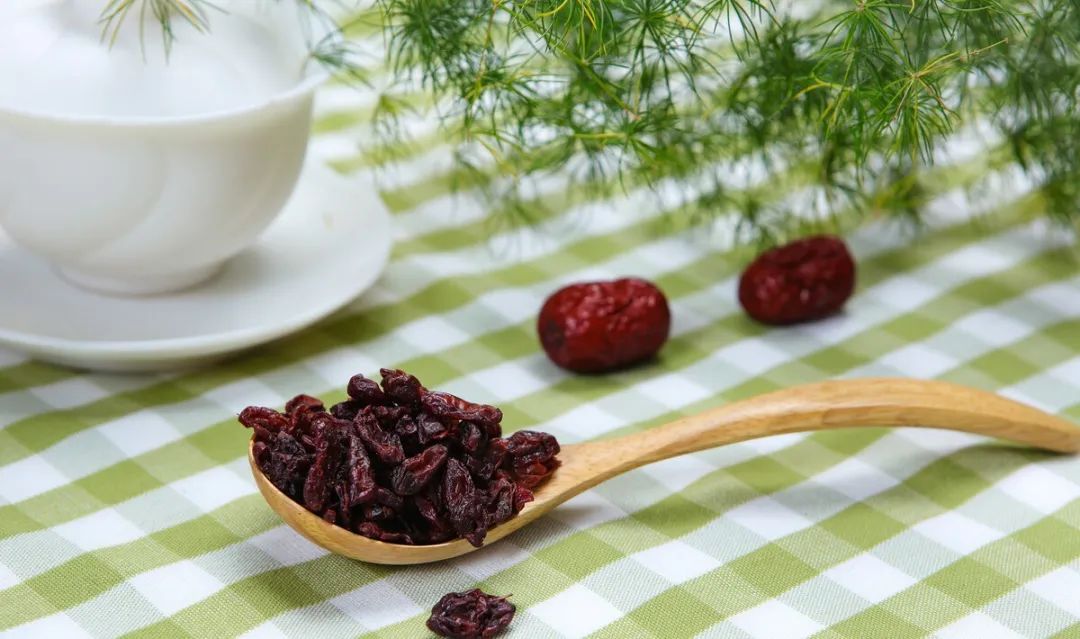
3. Qi Lu Yi Shen Pian (Astragalus and Deer Antler Tablets) – has the effect of warming and tonifying the spleen and kidneys, dispelling dampness and transforming turbidity.Its main ingredients include: Huang Qi (Astragalus membranaceus), Lu Xian Cao (Lycopodium clavatum), Bai Zhu (Atractylodes macrocephala), Fu Ling (Poria cocos), Dang Shen (Codonopsis pilosula), Fu Zi (Aconitum carmichaelii, prepared), Shan Zhu Yu (Cornus officinalis), Sang Ji Sheng (Taxillus chinensis), Dan Shen (Salvia miltiorrhiza), Yi Mu Cao (Leonurus japonicus), and Shi Wei (Pyrrosia lingua).Indications: Used for spleen and kidney Yang deficiency, with symptoms of pale complexion, cold intolerance, soreness in the lower back and knees, poor appetite, and loose stools.Dosage: Oral administration, 8 tablets per dose, 3 times a day, or as directed by a physician.Precautions: Not suitable for pregnant women. This product should be taken before meals; not suitable for patients with cold and fever; use with caution in those with Yin deficiency and Yang excess; not suitable for long-term use; avoid spicy, cold, and greasy foods during treatment.
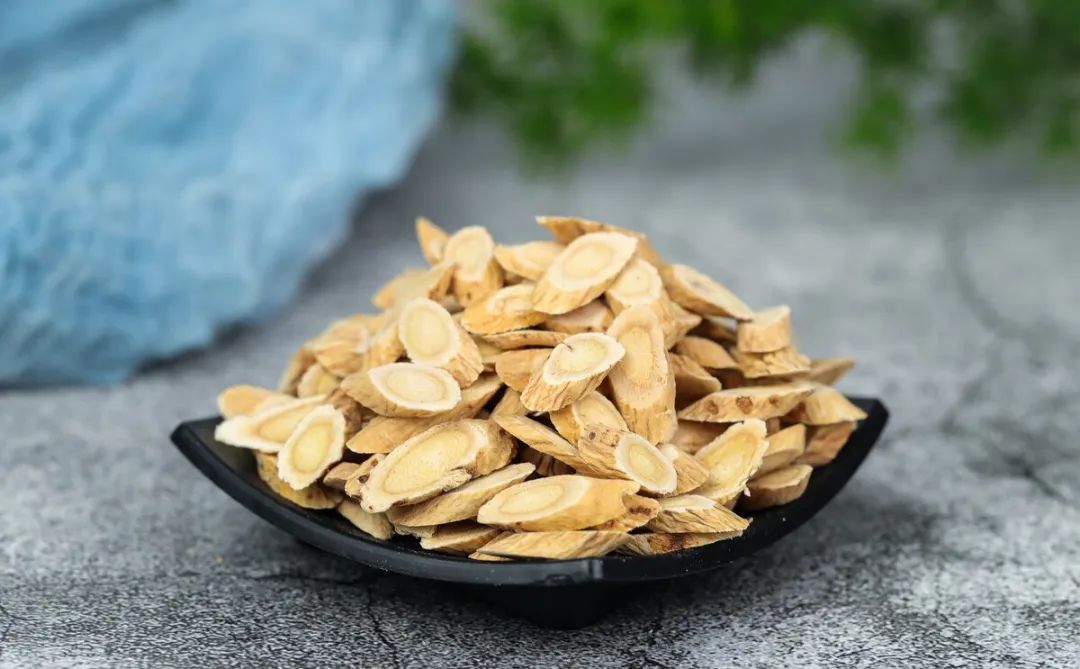
4. Yi Qi Wen Yang Jiao Nang (Qi-Boosting and Yang-Warming Capsules) – has the effect of warming Yang, tonifying the kidneys, and promoting blood circulation.Its main ingredients include: Huang Qi (Astragalus membranaceus), Yang Qi Shi (Yin Yang Huo), Sulfur, Dang Gui (Angelica sinensis), Mai Dong (Ophiopogon japonicus), Yan Hu Suo (Corydalis yanhusuo), Wu Ling Zhi (Flying Squirrel Faeces), Chuan Xiong (Ligusticum chuanxiong), Xiang Fu (Cyperus rotundus), and Bing Pian (Borneol).Indications: Used for mild to moderate coronary heart disease, stable angina pectoris due to Yang deficiency, and blood stasis obstruction. Symptoms include chest pain, chest tightness, palpitations, shortness of breath, fatigue, and cold intolerance.Dosage: Oral administration. 3 capsules per dose, 3 times a day, with a treatment course of four weeks, or as directed by a physician.Precautions: Not suitable for pregnant and breastfeeding women; this product contains sulfur, so careful differentiation is required; there is no clinical trial data for long-term use; if extending the treatment course, please follow a physician’s advice.

5. Si Wei Sheng Jing Kou Fu Ye (Four Flavor Essence Oral Liquid) – has the effect of benefiting Qi, calming the spirit, warming and tonifying kidney Yang, and generating essence.Its main ingredients include: Sheng Bai Ren Shen (Fresh Ginseng), Feng Wang Jiang (Royal Jelly), San Qi (Panax notoginseng), and Lu Rong (Deer Antler).Indications: Used for Yang deficiency with cold intolerance, soreness in the lower back, and prolonged weakness.Dosage: Oral administration, 10ml per dose, once a day, taken on an empty stomach in the morning and evening.Precautions: Not suitable for children and pregnant women; contraindicated in those with Yin deficiency and Yang excess; not suitable for patients with cold and fever; avoid spicy, cold, and greasy foods during treatment.
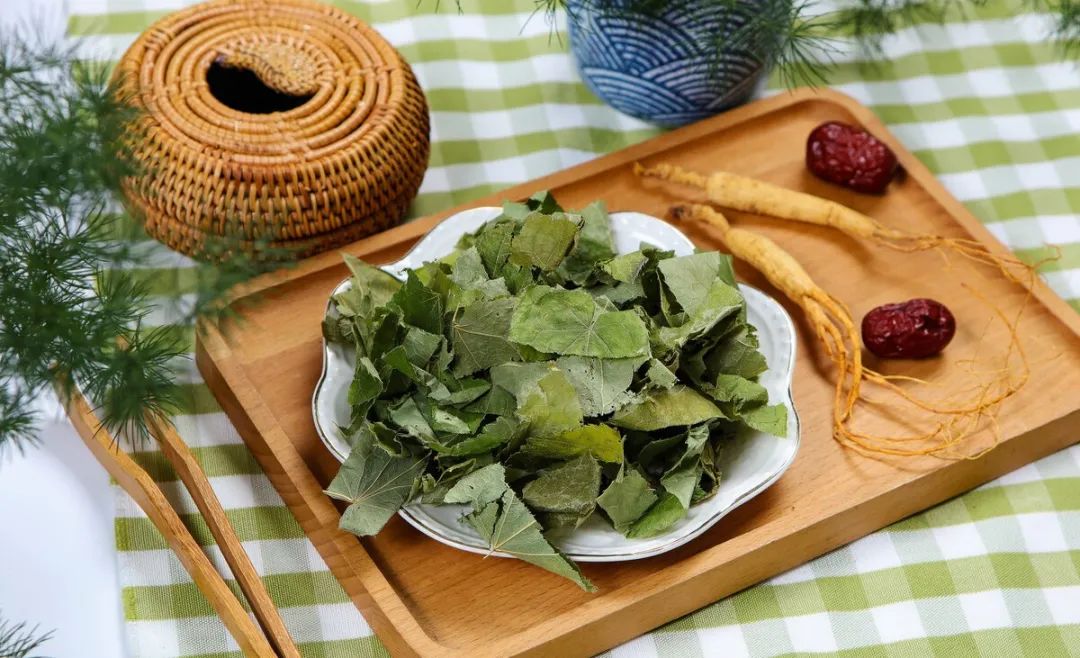
6. Shu Guan Pian (Shu Guan Tablets) – has the effect of nourishing Yin, activating blood, benefiting Qi, and warming Yang.Its main ingredients include: Chuan Xiong (Ligusticum chuanxiong), Zhi He Shou Wu (Polygonum multiflorum, prepared), Huang Jing (Polygonatum sibiricum, prepared), Hong Hua (Carthamus tinctorius), Yin Yang Huo (Epimedium), Wu Ling Zhi (Flying Squirrel Faeces, vinegar-prepared), and Dan Shen (Salvia miltiorrhiza).Indications: Used for the prevention and treatment of coronary heart disease, angina pectoris, atherosclerosis, hyperlipidemia, and anti-thrombus formation.Dosage: Oral administration, 6 tablets per dose, 3 times a day, or as directed by a physician.
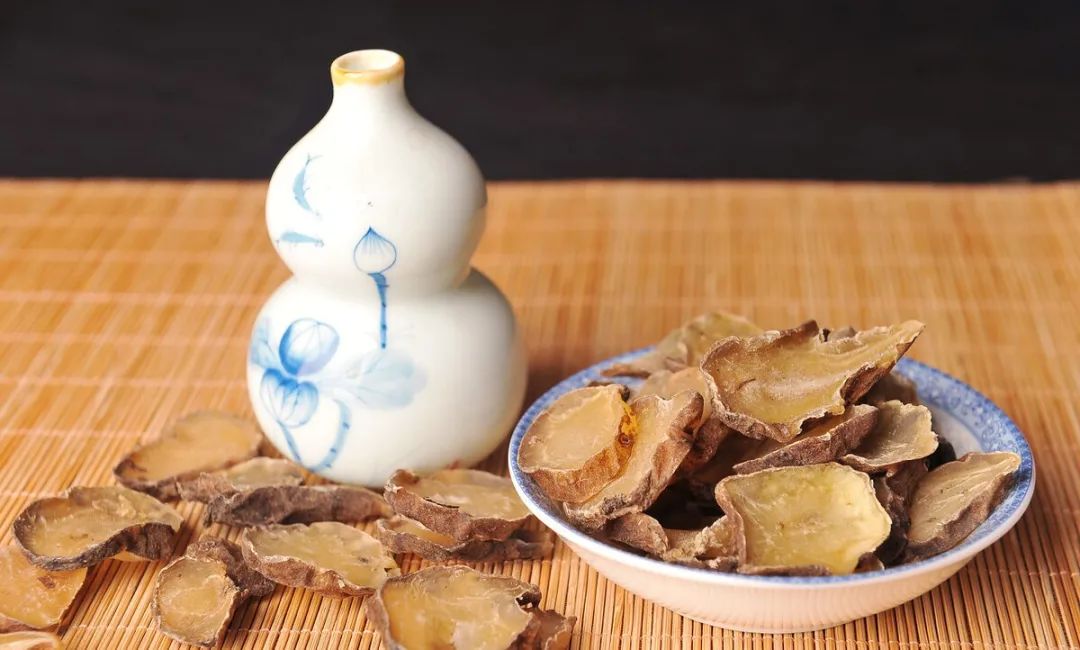
7. Fu Zi Li Zhong Wan (Aconite and Ginseng Pill) – has the effect of warming the middle and strengthening the spleen.Its main ingredients include: Fu Zi (Aconitum carmichaelii, prepared), Dang Shen (Codonopsis pilosula), Bai Zhu (Atractylodes macrocephala, roasted), Gan Jiang (Zingiber officinale), and Gan Cao (Glycyrrhiza uralensis).Indications: Used for spleen and stomach Yang deficiency, with symptoms of cold pain in the abdomen, vomiting, diarrhea, and cold hands and feet.Clinical experience:
Xu Ling and Zhao Dan conducted a randomized controlled study on Fu Zi Li Zhong Wan combined with moxibustion for severe enteral nutrition diarrhea, concluding that the combination can treat severe enteral nutrition diarrhea in patients with spleen and kidney Yang deficiency. (Electronic Journal of Integrated Traditional and Western Medicine in Cardiovascular Disease, 2018, 6(19): 152-153)
Dosage: Oral administration. Water honey pill: 6g per dose, small honey pill: 9g per dose, large honey pill: 1 pill per dose, 2-3 times a day, or as directed by a physician.Precautions: Not suitable for patients with cold and fever; not suitable for long-term use; avoid hard-to-digest foods.

Yang deficiency belongs to “deficient cold,” which is different from “excess cold” commonly seen in robust individuals. Deficient cold often arises from internal injury and prolonged illness, leading to weakened Yang Qi and excessive Yin cold, resulting in a generally weak constitution. Different treatment principles apply to different syndromes, such as Yang deficiency of the heart, which should be treated with Qi-boosting and Yang-warming; Yang deficiency of the spleen should be treated with warming the middle and strengthening the spleen; Yang deficiency of the kidneys should be treated with warming and tonifying kidney Yang. It is recommended that patients undergo regulation under the guidance of a professional physician. Most mild cases can effectively improve symptoms through active regulation. Patients should pay attention to keeping warm (especially in the abdomen, lower back, waist, feet, and legs), avoid prolonged exposure to air conditioning, and choose gentle aerobic exercise when conditions permit.Note: Some text and image resources in this article are sourced from the internet. The purpose of reprinting this article is to convey more information. If there are any errors in source attribution or infringement of your legal rights, please notify us immediately, and we will delete it promptly and apologize to you.
Previous highlights:
Si Shen Wan, a formula for morning diarrhea, for elderly patients with kidney deficiency affecting the spleen, heavily tonifying kidney Yang.
How to choose traditional Chinese medicine for stomach pain? Distinguishing between Bao He Wan, Jia Wei Bao He Wan, and Chen Xiang Hua Zhi Wan.
For stomach acid, stomach pain, and stomach bloating, quickly use these three traditional Chinese medicines! Including prescription compositions.
Director Zhao popularizes health and wellness knowledge.
Click below to follow for free ↓↓↓

